GS1 Synkka – Secondary images
Secondary images describe, for example, a detail, purpose, texture or feature of the product. For example, with mascara, the secondary image can be an enlargement of the brush part, with clothing, a close-up of the fabric quality, or with make-up, a color sample image.
Secondary images are used if they are important in terms of product selection and purchase. Secondary images clarify a detail or feature of the product that is essential for the consumer, or provide additional information that makes the purchase easier.
It is important to separate secondary images with their own image type so that they can be recognized and placed correctly in online stores. One product can have several secondary images.
The secondary image does not replace the primary product image, but complements and details it. The secondary image cannot be marked as the main image (Primary file), the main image is always the primary product image.
Type
The type defines what kind of image it is. Select Product image.
Image type
| Code | Value | Description |
|---|---|---|
| F | Detail (Technology) Image | A photograph, line drawing, or other graphic representation of a specific feature or characteristic of a product. It is used to emphasize the detail of an object. The picture can show, for example, the inside parts of the product, a cross-section or a close-up of a part of the product. A detail image can also contain graphics or text explaining the detail. |
| T | Content/texture image | An image that shows the color or surface structure of the product's content. The picture does not show the product's packaging, and no text or graphics are added to it. |
Examples of secondary images
The following images (on the right) are the most typical examples of secondary images.
Color sample image of a cosmetic product
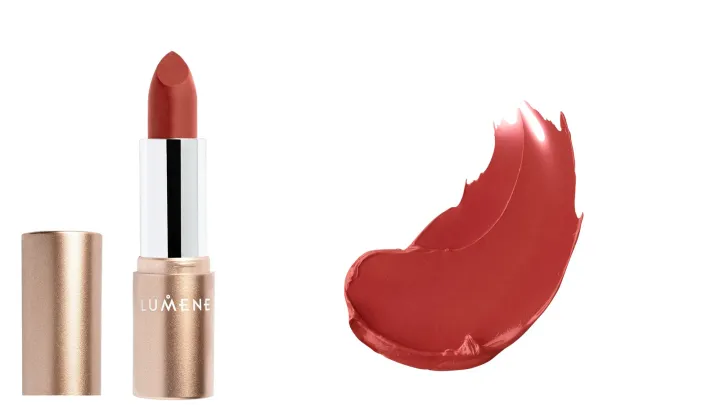
Image of the color and texture of the cosmetic product
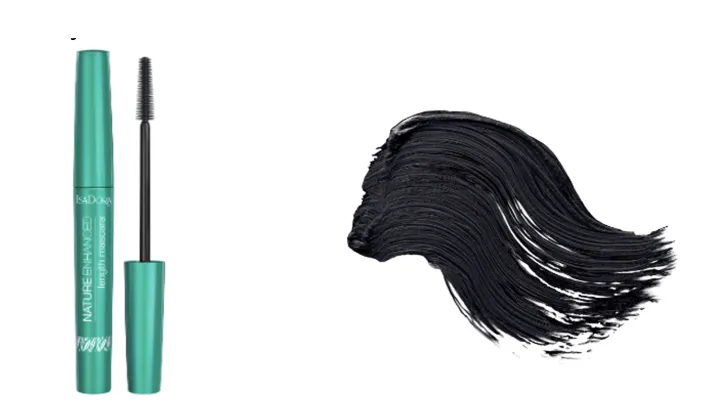
Detailed picture of the essential part of the product
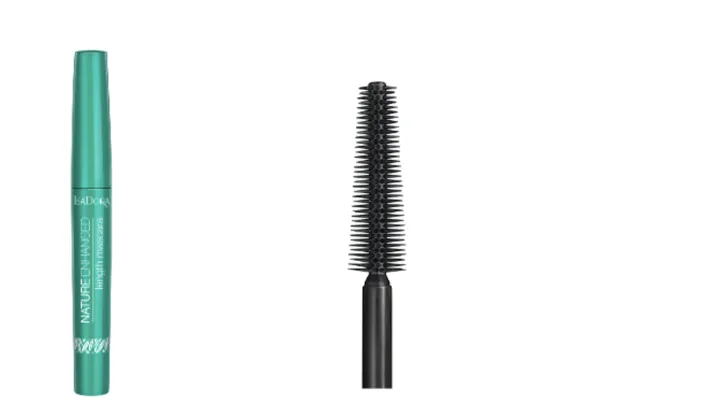
Picture of fabric quality
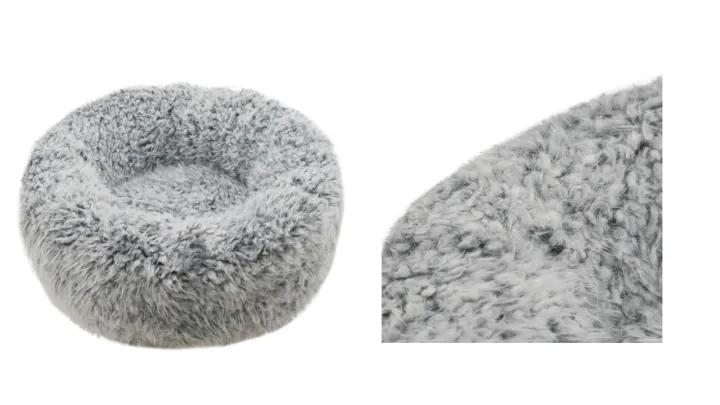
Picture of a product detail
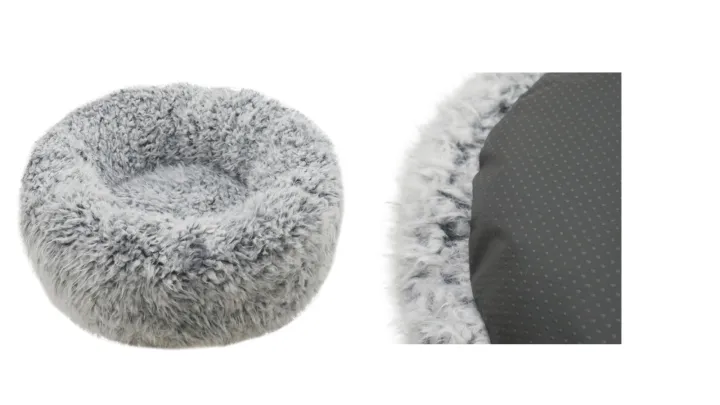
Naming a secondary image
In GS1 Synkka, the secondary image is separated from other images using the material type and image type information. In the Type field, select the value Product image and in the Image type field, for example, Content/texture.
Name the secondary image as follows:
| Point in file name | Contents |
| 1–14 | GTIN |
| 15 | Underscore _ |
| 16 | Image type |
Example: 09520123456788_F.jpg
In addition to the above, you can indicate voluntary additional information separated by an underscore in the file name. Additional information can be one or more. They should be entered in the name of the picture in the following order:
| Language code | The primary language that appears in the product image. In two-letter ISO 639-1 format, for example fi, sv, en. |
| End date | Report with four numbers: mmyyy For example, December 2024 is reported as 1224. |
| Sequence number | Reported as a 2-digit number preceded by the letter s. For example, s02 |
Example: 09520123456788_T_fi_1224_s02.jpg
Secondary image material requirements
| File format | JPEG, PNG or TIFF (LZW compressed) |
| Image size | Longer side of the image 600–4800 px |
| Color space | RGB |
